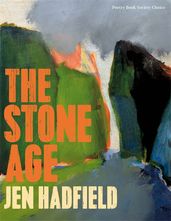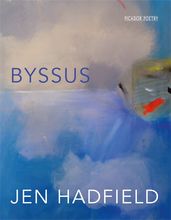Synopsis
Recipient of the Windham Campbell Prize for Poetry 2024
Jen Hadfield is increasingly recognized as one of the singular poetic voices of our time, admired for the sheer vitality of her style and for her devotion to the natural world. Selected Poems offers a welcome retrospective, charting her development from the youthful wanderlust of Almanacs, through the incantatory praise songs of Nigh-No-Place for which she became the youngest ever winner of the T.S. Eliot Prize.
Hadfield’s poetics are rooted in a panpsychist kinship with the non-human – a keen sensitivity to the consciousness that surrounds us, as she coaxes into language the essence of each thing. Nowhere is this more evident than in her rapt dialogue with the Shetland archipelago, translating its wild and abundant beauty, its idiosyncrasies and mythologies. ‘Home’, she writes, ‘is about using poetry to fashion myself a bivouac in the here and now, against the continual losses of the present tense’. Gathering poems from across the poet’s four collections alongside previously unpublished material, Selected Poems is a generous offering from one of our foremost poets of the natural world.
Details
Reviews
Hadfield brings sensations to life; subtle and propulsive, her language fizzes and dashes
[Storm Pegs] is a bewitching book, tactile and immersive, riven with salt winds, alive with human oddities and loud with the cries of seabirds. Everything glows in the light of Hadfield’s words, from slimy sea molluscs to grand island vistas.
There are as many creatures as people in Nigh-No-Place, and poems are more like brilliant snapshots than whole, poised works. The writing is all the better for this manifestation of energy . . . Hadfield's refreshing voice carries all the way from the top of Scotland to blow some of the dust off British verse.
There is something magical and incantatory in the way she cherishes language at the level of the name, as if utterance itself might be a way of dwelling in the real and making oneself at home there



